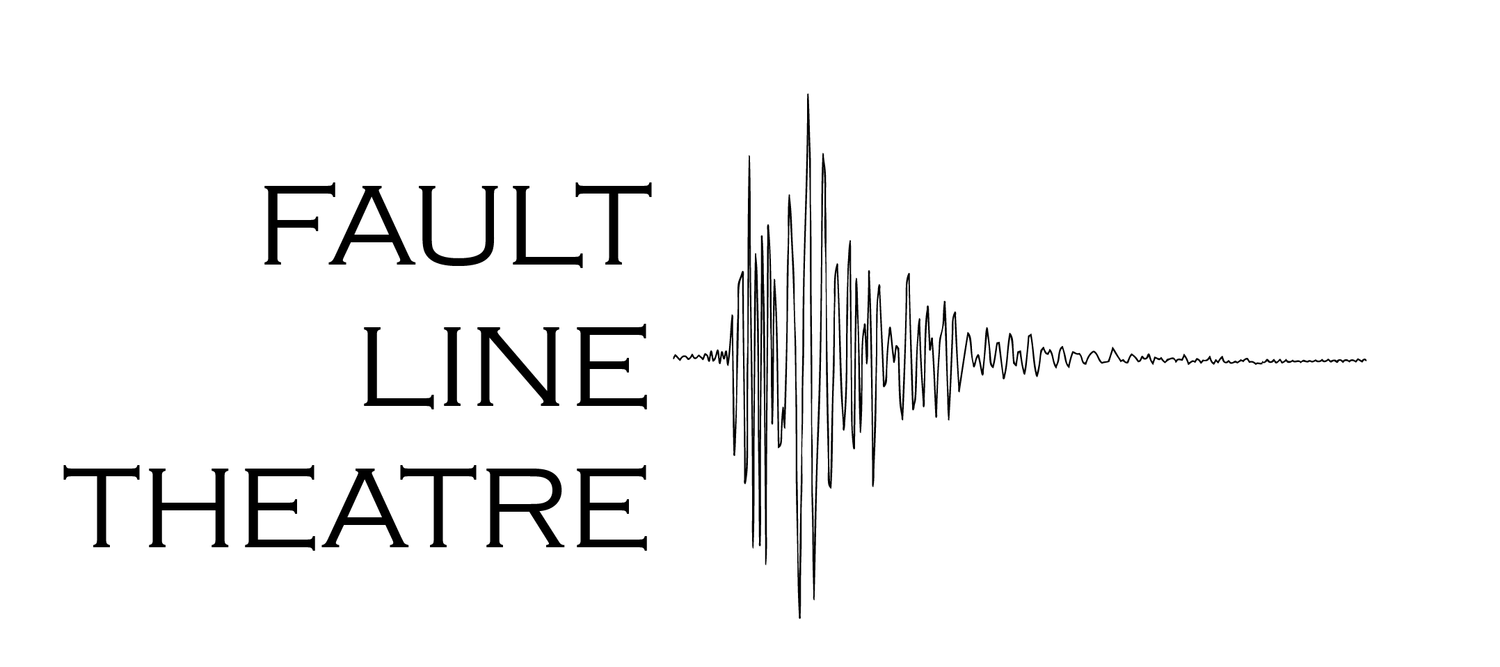Check out this excellent interview with Breathing Time playwright Beau Willimon in The Wall Street Journal today!
Bankers and Binge-Watchers
By Barbara Chai
Beau Willimon on ‘House of Cards’ and 'Breathing Time'
Long before Beau Willimon became a showrunner of the hit Netflix series “House of Cards,” he was a playwright.
He wrote the 2008 political drama ” Farragut North ” (later adapted into the film “The Ides of March”) and followed it with “Breathing Time,” a play about two bankers sharing a Financial District office and the fateful events that lead their family members to meet in search of answers three weeks later.
Mr. Willimon completed the first draft of “Breathing Time” in 2004 and workshopped it around the country over the next few years. It is now being staged by the Fault Line Theatre, its first full production.
“The most I’d ever done was folding chairs and collapsible tables in rehearsal rooms,” Mr. Willimon said of “Breathing Time.” “They got the play. They had a vision for it.”
From his “House of Cards” writer’s room, coincidentally in the Financial District, where “Breathing Time” takes place, Mr. Willimon spoke with the Journal about both “House of Cards” and “Breathing Time.” Edited excerpts follow.
Unlike “Farragut North” or “House of Cards,” “Breathing Time” isn’t about politics. What inspired it?
The original seed for the play was a banker that I knew. There was a speakeasy I used to go to on Second Street in the East Village, an honest-to-God speakeasy where you had to knock on the black door, and the guy who ran it was a former mob guy.
There was this banker that I knew, he was a friend of a friend. I really only ever hung out with him when he was there, and he was the sort of guy that would talk your ear off for a couple hours.
He knew how to spin a yarn and was this tornadic-life-force individual, so I would get to chatting with him. He would go on these long monologues about whatever was passing through his mind in a given moment.
I think that’s where the character of Jack started to formulate. You don’t have a play if there’s no one to speak to, so I simply had him walking into an office hung over and beginning his day with his co-worker, who immediately presented himself as someone who’s the polar opposite.
Is it challenging to dramatize a workplace and the relationship between colleagues?
Minute human behavior and the rhythm of dialogue in and of itself provides a structure that can be compelling and balletic. There’s something really wonderful about seeing two people in a space that they’re so familiar with, in the midst of a relationship which already has its own contours, and dropping into it as though you’re a fly on the wall.
I simply had to keep tabs on the reality of that space, that there’s just two desks. That one guy is hung over, and the other guy is an early bird. And pay attention to the truth of the geography of that room, of where they are in their bodies, and who they are as people, and simply record.
Part of the joy of it was letting them go and letting them enjoy each other’s company or letting moments of silence sit there the way they do in real life. The naturalism of all of that is as compelling as staging a big battle scene in Shakespeare, if it’s done right.
Shifting to your other major project, did your “House of Cards” team have regrets about killing off Kate Mara’s character?
None whatsoever. I knew I was going to do that in the first episode of season two, well before I even started writing season one. Kate knew it too. This is before we had even cast the character. It got harder, of course, to stick to one’s guns. We all loved Kate, but we felt if we retreated from the original plan, became precious about our characters, then we weren’t being truthful to the story of Francis Underwood.
What’s the status of season three?
We’re several months into the writing process, and in a few more months we’ll begin filming.
Does the show have many more places to go now that Underwood is president?
There’s only one way to find out, right? I don’t talk about any upcoming seasons.
Do you keep viewers’ habit of binge-watching in mind as you make the show?
Yes and no. Honestly, the writing of the show is no different than if it were released week to week. The reason for that is because a lot of people don’t binge-watch. A lot of people watch one episode here, one episode there.
So it has to be able to work both ways, as a binge and as something that a person could watch over the course of weeks or months. You can’t write toward the binge, at least not for a serialized narrative like ours.
At the same time, we sometimes have faith that our audience will remember something from several episodes ago that we don’t feel the need to constantly hit on and remind them of if you were releasing it week to week.

